
Industrial organizations are undergoing a rapid digital change era, with increasing interest in data collection and IoT to enable them to make better choices more quickly and efficiently. What is the evolving role of the maintenance manager as a result of the growing focus on predictive maintenance?
The image of maintenance is evolving, and we’re hearing more and more conversations about digital maintenance from businesses of all sizes. In other words, the recognition that the mechanical world, the digital world, and the information technology world are not necessarily distinct entities – they are all interconnected.
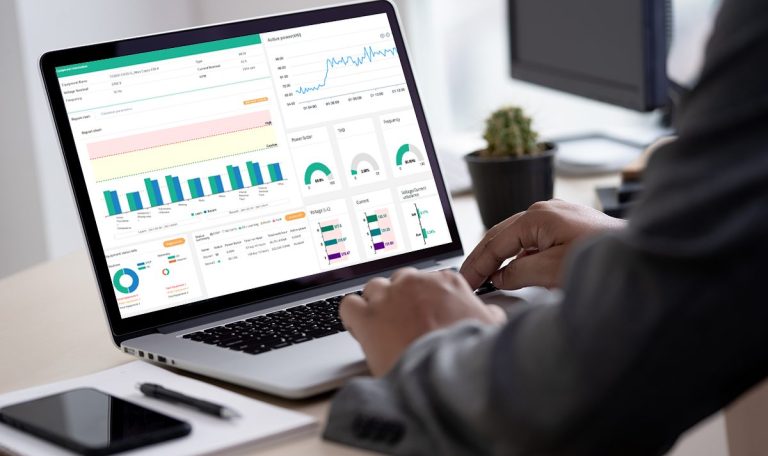
In the maintenance industry, there is a shift from the typical maintenance manager (who may be more reactive or follow a planned plan) to a proactive digital maintenance manager
More Interested: Condition Monitoring
Responsibilities of Industrial Maintenance Manager
Maintenance managers are in charge of a team of maintenance supervisors who manage technicians and workloads throughout a certain shift period. Maintenance directors, presidents, and vice presidents of operations are the people that oversee the day-to-day operations of the organization, depending on its size.
Industrial maintenance managers are often in charge of overseeing all maintenance-related tasks for their respective organizations. The following are examples of additional responsibilities:
- Supervise and monitor the functioning of the organization in charge of maintenance
- Maintenance planning such as budgeting, forecasting, pricing negotiations, and ensuring spare parts are readily available
- Oversee the recruitment, training, and termination of maintenance staff and contractors.
- Coordinate difficult repairs for circumstances that are urgent or vital
- Keep track of work order history and equipment state in order to plan preventive maintenance actions on a continuous basis
- Try to evaluate and implement industry-best practice maintenance procedures and technologies in order to eliminate obstacles, save costs, and increase productivity
- Track key performance indicators (KPIs), assess findings, and report progress to management.
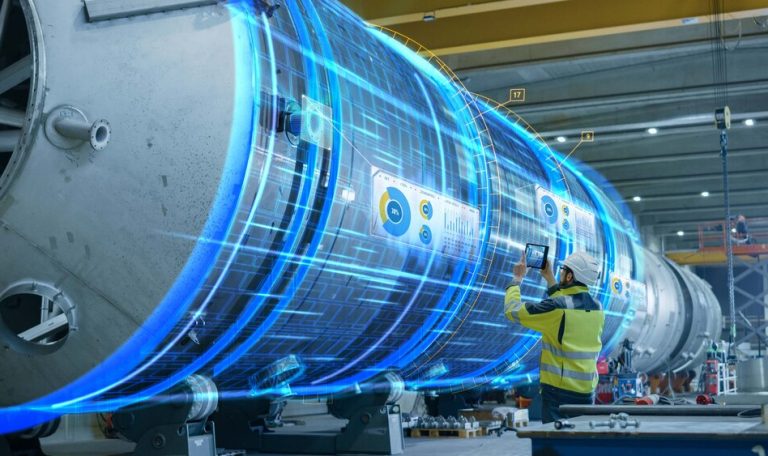
Aside from all of this, you must also push your company to transition from reactive to preventive maintenance, which includes leveraging the power of Industry 4.0 technologies such as machine learning, Internet of Things, automation, and mobile devices to assist in the transition of your department to a preventive maintenance culture, among other things.
Maintenance managers are responsible for setting the tone for the department by developing a complete vision and purpose and prioritizing maintenance methods to guarantee that the department is always growing and developing.

A Much-Needed Change In Role of An Industrial Maintenance Manager
As you look into innovative business models, predictive maintenance is becoming an increasingly important piece of the jigsaw maintenance and efficiency puzzle.
The function of the maintenance manager is becoming increasingly dependent on the usage of data and information derived from systems to which they have access.
The most important aspect for a maintenance manager to consider is to seek ways to shift the focus away from the trying to fix an issue after it has occurred and toward a more proactive approach to dealing with issues before they surface.

In a nutshell, the role of an industrial maintenance manager is evolving and it will keep on evolving in 2022. Most importantly, the role has become more important than ever before.



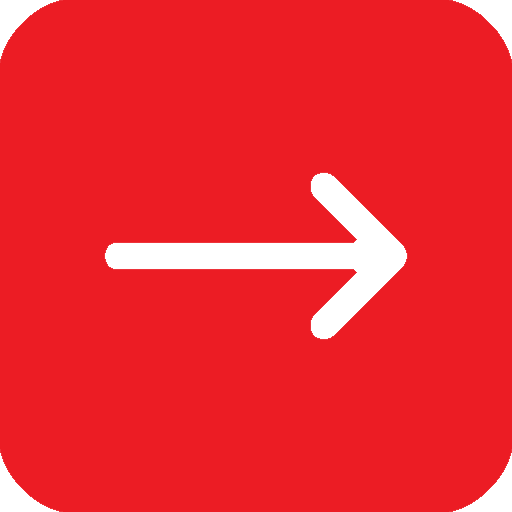
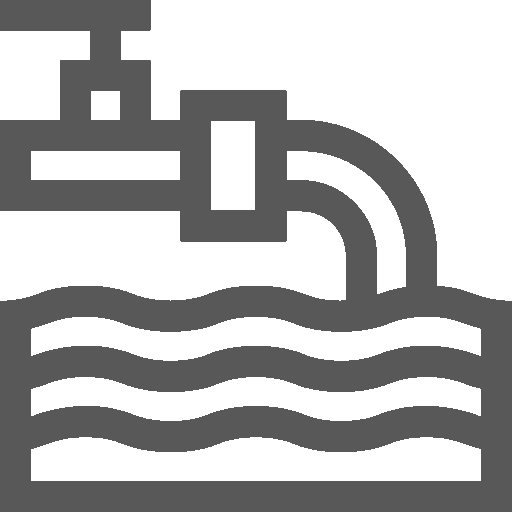
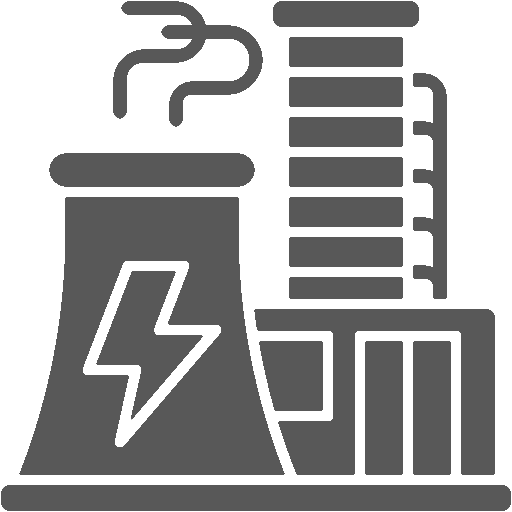
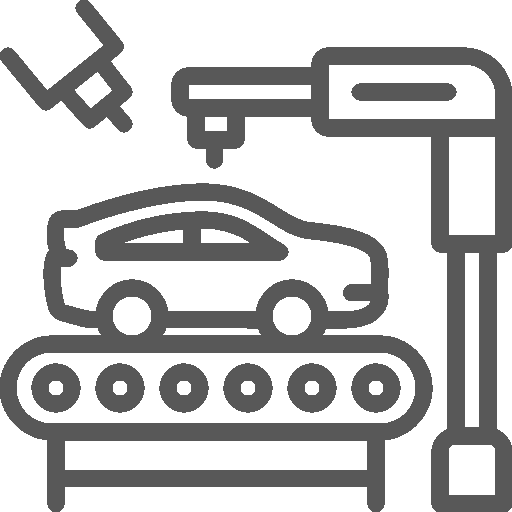
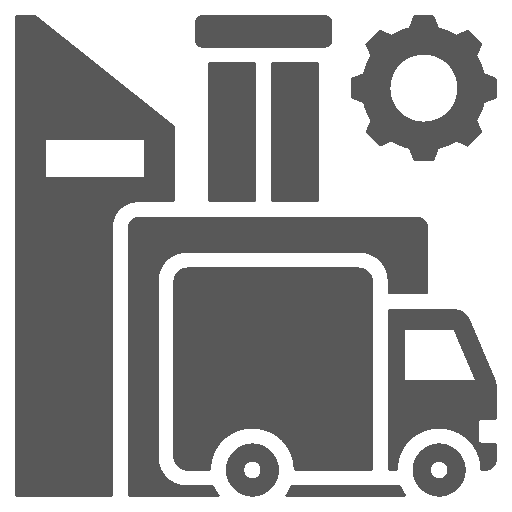
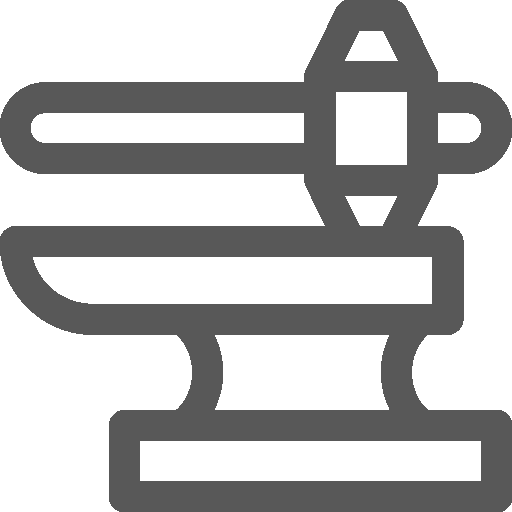
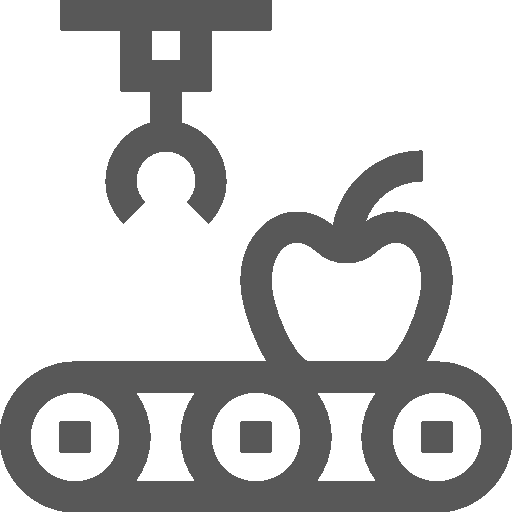
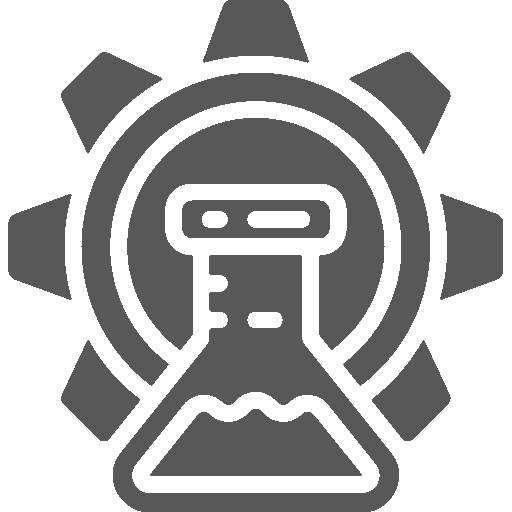
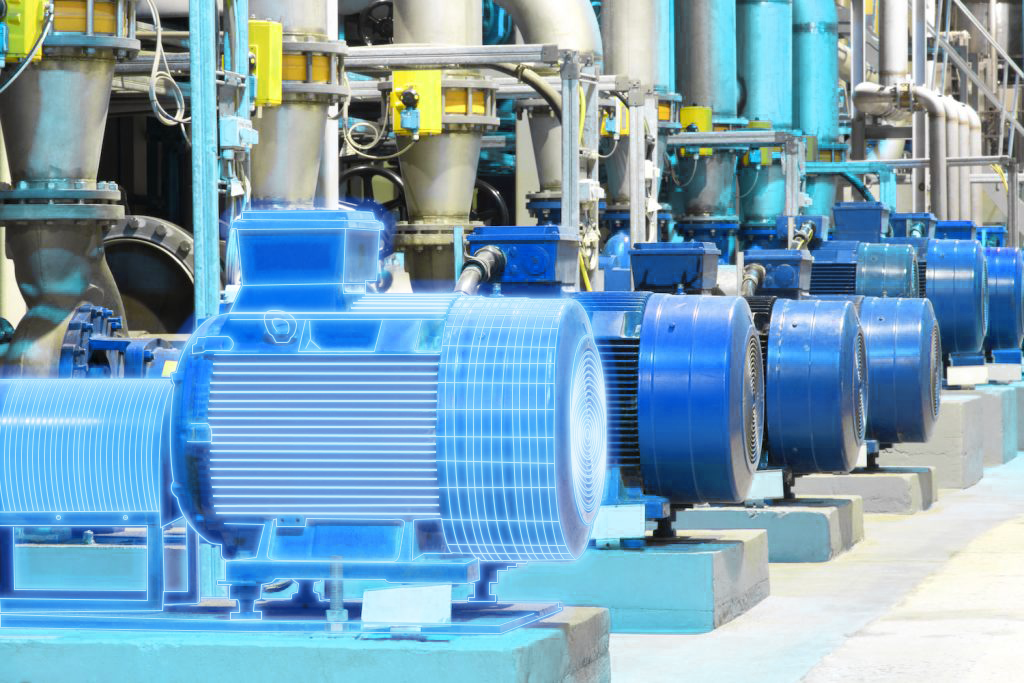
 White Papers
White Papers Case Study
Case Study Documents
Documents Webinars
Webinars Events
Events ROI Calculator
ROI Calculator FAQ
FAQ